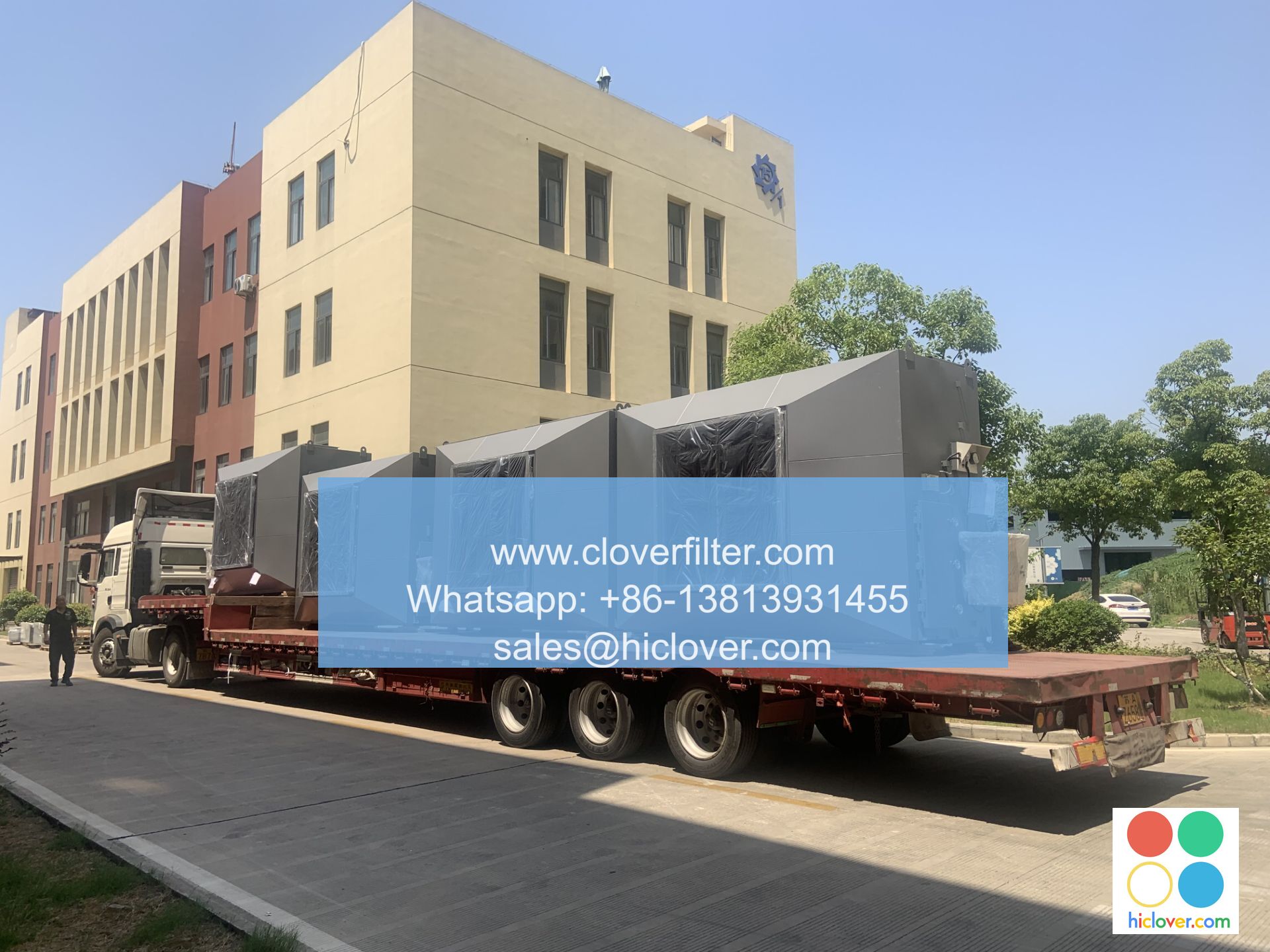Air Filter Production: A Growing Industry

Air Filter Production: A Growing Industry with Various Application Areas
What are Air Filters?
Air filters are a vital component in today’s technological era, serving as a protective layer against air-borne contaminants, pollutants, and allergens. They play a crucial role in ensuring indoor and outdoor air quality, by filtering out pollutants and particles as small as 0.1 microns.
The Production of Air Filters: A Growing Industry
Air filter production has grown significantly in recent years, driven by the increasing demand for improved air quality in various sectors such as [HTML <i> HEPA (High-Efficiency Particulate Air) Filter Systems [/i]],[ Commercial and Industrial Building Ventilation[/i]>]. The rise in awareness about respiratory health issues has also led to an upsurge in the demand for effective air filtering systems.
How are Air Filters Produced?
Air filter production involves several steps:
- [HTML
<strong>Material selection [/strong>]: Different types of fibers such as [HTMLpolyester, wool, or synthetic materials[/strong>]] are used as per the requirement. - [HTML
<strong>Weaving[/strong>`]: The selected materials are then woven into a web-like structure to create a uniform filter surface. - [HTML
<strong>Treatment [/strong>`]: Chemical treatments, ultraviolet light or other specialized treatments are used to enhance filter efficiency. - [HTML
<strong>Inspection[/strong>`]: Filters are tested for porosity, filter thickness, and particulate trapping capabilities.
Key Applications Areas:
- **Hospitality: High-quality air filters are crucial in hotels, resorts, and cruise ships to ensure a safe and healthy environment for guests and staff.
- Agriculture: Filters are used to purify irrigation water and clean the air in greenhouses to promote plant growth and health.
- Automotive: Air filters play a critical role in keeping cars and commercial vehicles running efficiently by removing airborne particles and debris.
- Commercial/Industrial: Advanced air filters are installed in buildings and factories to prevent airborne transmission of diseases, remove pollutants and reduce energy costs.
- Residential: Home air filtration systems ensure fresh, clean air for individuals, especially in homes with respiratory health issues.
- Dust Removal: Air filters remove dust particles and allergens, reducing health issues and discomfort in homes, offices, and schools.
- Clean Rooms: Precise air filter designs are necessary to maintain extreme air purity requirements for industries like semiconductors, medical device manufacturing, and pharmaceutical production.
- HVAC (Heating, Ventilation, and Air Conditioning): Effective air filtration is essential to prevent airborne contaminations and promote system efficiency.
- Pharmaceutical and Biomedical: Air filters must meet extreme quality standards in facilities where bio-hazardous substances are handled.
Future Growth Prospects
The demand for air filters will continue to grow as countries enact stricter environmental regulations and there is an increased emphasis on sustainable and eco-friendly technologies. [HTML <a href="https://www-stat.org/featured-report/innovations-for-environment-and-public-health-air-filter-technologies/"Air filter manufacturers that invest in innovation and product diversification [/a]`]
In conclusion, air filter production is an ever-growing industry driven by technological advancements, shifting societal priorities, and the pursuit of improved health, safety, and environmental well-being. With varied application areas across industries and industries, this technology is crucial to maintaining our world’s well-being.
What can I help you with?


